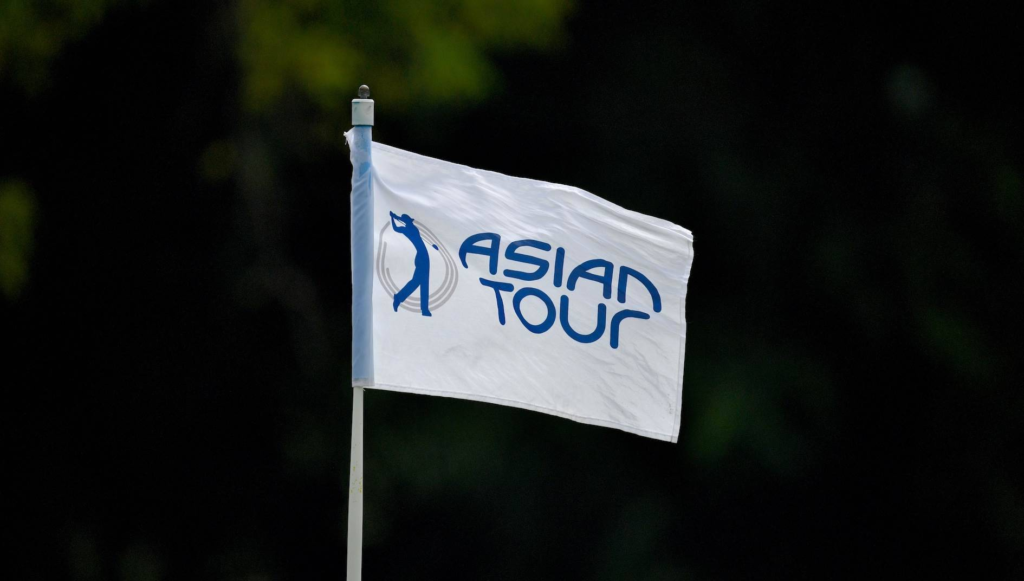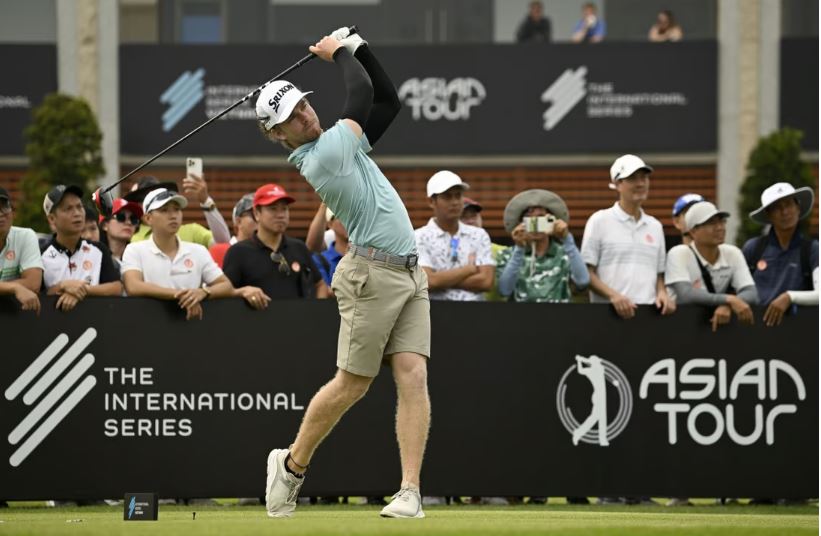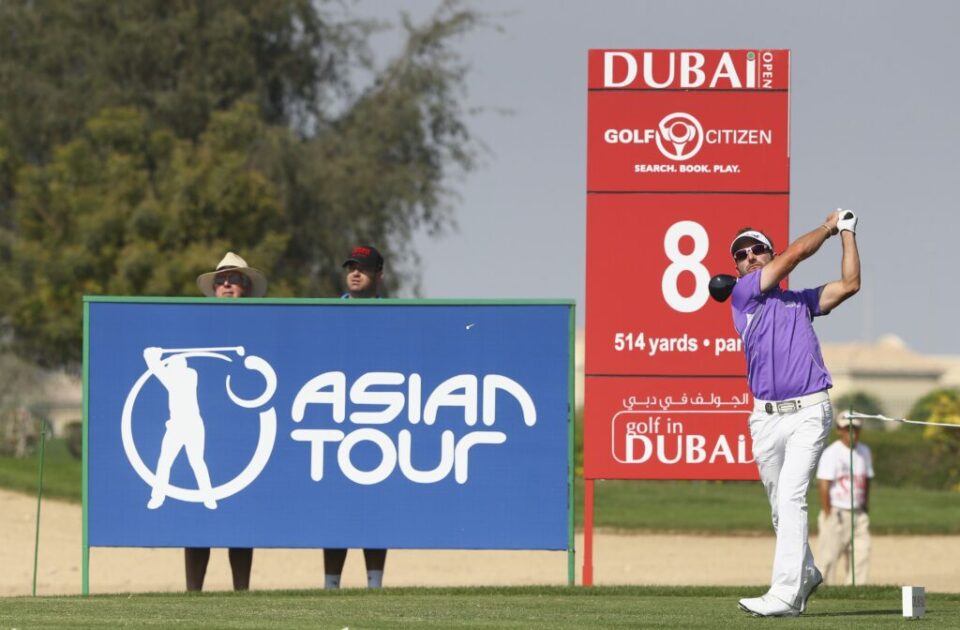This year’s International Series will feature 10 competitions, one of which will be held in Scotland, the birthplace of the sport.
The Asian Tour can disrupt the structure of the game because the DP World Tour is “weaker than at any point in its history.”

The fourth event of a season that has seen the Asian Tour travel to the Middle East, the UK, and many other locations visited Vietnam last week.
There are now 10 stops on the itinerary for 2023 after the addition of a tournament in St. Andrews a few weeks after it was announced that the Hong Kong Open would be one of the raised tournaments.
Although Cho Minn Thant, the Tour’s CEO, praised the addition of the St Andrews Bay Championship as being a “testament to the global vision” of the series, the growth will not stop there. Officials have previously stated that they would like as many as 14 tournaments.

A visit to the birthplace of golf in August is more than just a pilgrimage; it also serves as a signal that the organization wants to expand farther into the DP World Tour’s core markets after decades of its rival doing the opposite.
There can be no better venue to play one of our events than where the game originated, according to Rahul Singh, the head of the International Series, who is an ambitious effort that seeks to travel and move beyond our customary borders to help the game flourish. Beyond the series, the Asian Tour also hopes to create a presence in the US through its Q-school.
The DP World Tour is facing that problem due to the fight for golf’s future, and even while it prevailed in an arbitration decision last week against LIV players who departed to join the rival organization, this does not necessarily give it a stronger position.

One DPWT official reportedly referred to it as “weaker than at any stage in its history” and questioned the strategic partnership with the PGA Tour, according to a Golf Digest report. Too many “nothing” incidents. Too many ‘nothing players’ battling for almost nothing while virtually no one is watching in person or on television, the insider complained. “The situation is hopeless. They must get away from the PGA Tour’s grasp.
The International Series, which is still in its infancy, is also not well-attended, does not receive prime-time television coverage, and does not even come close to competing with major DPWT tournaments like the Dubai Desert Classic or BMW PGA Championship. However, the US$2 million prize pools are more than sufficient to compete with other tournaments like the Indian Open, Porsche European Open in Germany, or the Soudal Open in Belgium.Due to its affiliation with LIV, the Asian Tour also attracts well-known players. This season, Sergio Garcia, Dustin Johnson, Brooks Koepka, and Phil Mickelson have all competed in tournaments, while Paul Casey and Anriban Lahiri were in Vietnam.
All of them are a part of LIV Golf, which has invested about US$300 million in the Asian Tour. While some observers think the DP World Tour will be able to dictate how it deals with those who have left as a result of the court decision, this ignores the influence of a developing organization with significant financial support from Saudi Arabia.
Both Casey and Lahiri agreed they were concentrating on their games and would let “the people in power figure it out,” but neither would elaborate on how they felt about the court case.
Casey, who won 15 times on the DPWT, said he didn’t have a “crystal ball” when asked if the Asian Tour could one day be on par with its European rival.
While Lahiri acknowledged that the Tour might eventually become a viable alternative, she also asserted that the moment had already come.
We don’t need to discuss it in the future tense, he said. “It’s already happening, it’s happened in the past; many of the golf superstars have played here before; many of the individuals who are currently featured on magazine front pages began playing golf here; some of them still come back and play here.”I don’t think it’s a question of if it will happen in the future; it has already happened, and I believe that with the backing the Asian Tour currently enjoys, things will only get better. Tom Kim, who is currently demonstrating his value in the US, is only the most recent example of a player who developed his abilities in Asia before migrating to compete against the best.
However, not everyone takes that route, and players now have additional opportunities for earning a living thanks to the International Series order of merit winner receiving a berth on the LIV circuit.
Wade Ormsby, who has won numerous times in Asia, claimed that the adjustments and pathway to LIV have turned it into a “destination Tour”.
Whereas formerly we would have played a little bit in Europe and a little bit in Asia, guys are now coming here to play the Asian Tour exclusively as their No. 1 Tour, he said.
The quality of fields has increased dramatically, and the current Asian Tour is very different from previous iterations.




